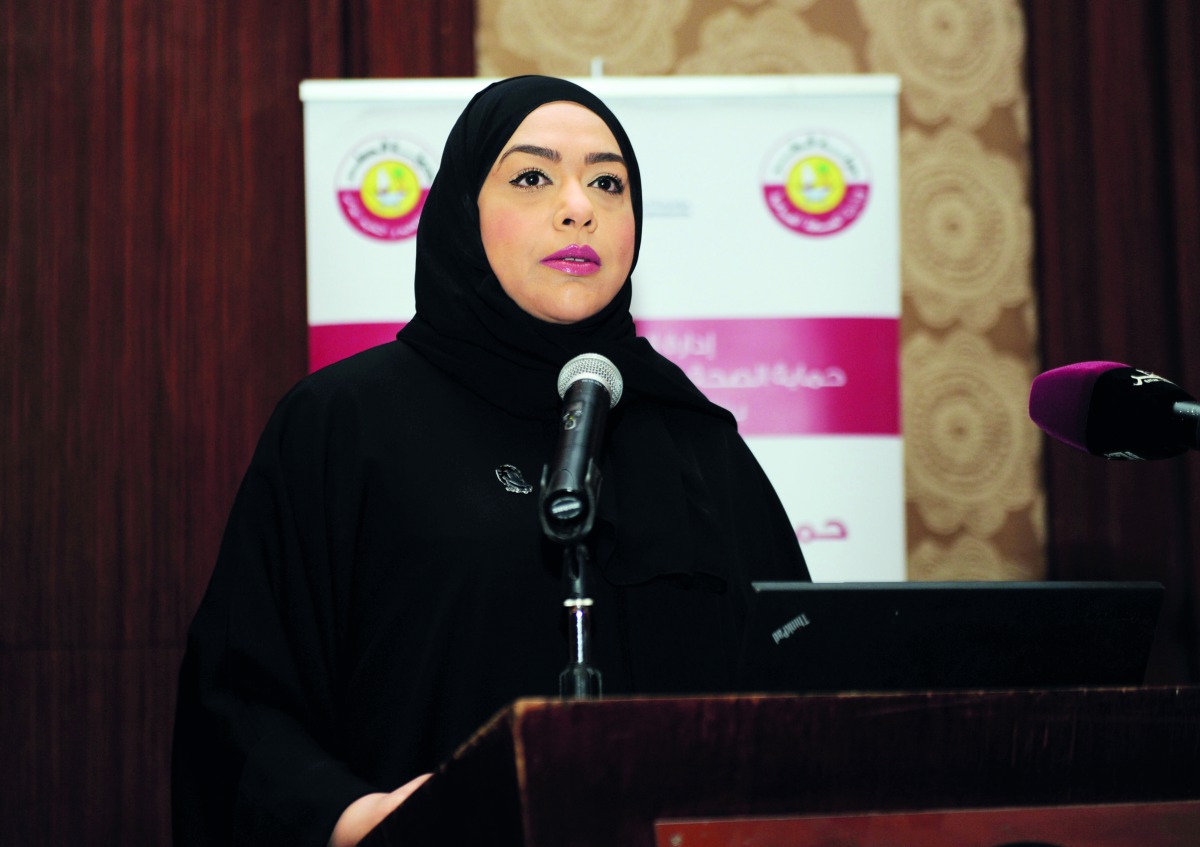The new health and entertainment initiative, which will shortly be launched by Qatar Charity, is expected to provide training exercises and awareness workshops to 100 overweight students from eight primary schools.
The “Biggest Winner” program, which includes seminars and engaging weekly meetings, will be run under the direction of qualified trainers.
Running from 20 September until 31 October, the initiative will be implemented in cooperation with the Ministry of Education and Higher Education, Naseem Healthcare, Qatar Women’s Sports Committe and the Sport.Kha team.
The participants’ needs, appropriate health, sport and leisure activities will be presented in different ways.
In a bid to boost the community’s morale for a healthier generation and help the participants contribute to the development of the nation as a whole, the programme aims to encourage healthy eating and living habits.
The initiative also intends to lower the prevalence of chronic diseases and medical expenses.
Each participant with obesity and chronic conditions will have medical measurements taken by Naseem Healthcare, and a tailored diet will be created as a response.
In accordance with their health demands, the Qatar Women’s Sports Committee will give the necessary workouts and training for female students, while the Sport.Kha team will do the same for male students.
Obesity in Qatar
In a 2018 study of 164,963 school children aged between the ages of 5 to 19, the overall prevalence of overweight and obesity stood at 21.2% and 21.5%, respectively.
Some of the risk factors that may have contributed to overweight and obesity are listed in the Global School-Based Student Health Survey- Qatar 2011 for students aged between 13 to 15 years, a 2017 publication detailed.
According to the survey, on average, 55.4% of girls and 43.6% of boys spend three or more hours per day doing activities that require sitting down.
In a span of 30 days, 62.5% of students drank carbonated soft drinks at least once a day (60.0% of boys, 64.8% of girls).
Only 15% of respondents to the poll reported being physically active enough.
According to World Health Organisation (WHO) estimates, obesity prevalence has increased from 17.1% in 1980 to 18.8% in 2013 among males less than 20 years of age.
In the same time frame and among same age category, obesity among females has also increased from 12.4% to 15.5%.

















Leave a Reply